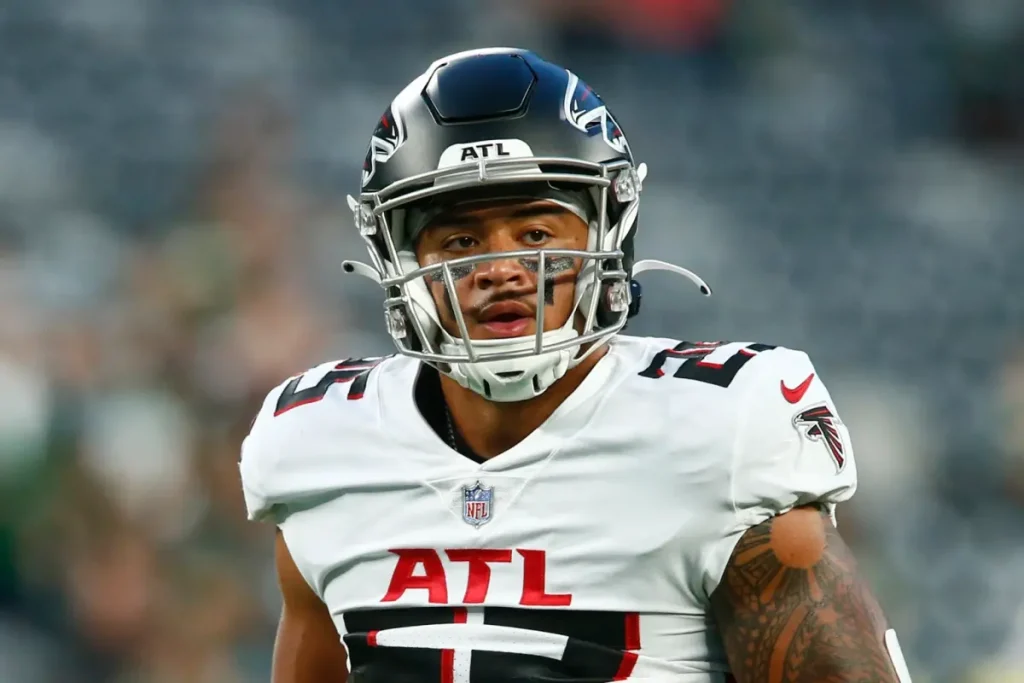Developing a robust betting model requires more than just individual expertise. Structuring collaborative analysis teams for comprehensive betting model refinement allows for a systematic approach where different perspectives enhance accuracy. Teams combining data analysts, statisticians, and sports experts can break down complex datasets efficiently. Sharing insights in real-time ensures continuous improvement and reduces errors. With proper team structure, each member contributes unique strengths to refine predictions. Collaboration becomes the backbone of a model that adapts and evolves over time.
Defining roles for effective team performance
Clear role allocation ensures team efficiency and avoids overlapping responsibilities. Each member must understand their function to maximize output.
- Lead analyst supervises model integration and updates.
- Data scientists handle dataset cleaning and feature engineering.
- Sports experts provide contextual insights for variable weighting.
- Risk managers evaluate predictive outcomes against real-world uncertainty.
- Software developers automate calculations and visualization for decision-making.
Implementing structured workflows for model refinement
Teams thrive when guided by structured workflows. Standard operating procedures help streamline tasks, ensuring every data point is evaluated. Regular bet review cycles prevent outdated assumptions from skewing predictions. This approach fosters accountability while allowing flexible adaptation to new betting environments. Efficient workflows minimize wasted effort and improve the speed of actionable insights.

Incorporating diverse analytical perspectives
Bringing multiple analytical viewpoints strengthens model reliability. Different backgrounds challenge assumptions and uncover hidden patterns.
- Cross-functional discussions highlight potential biases in predictions.
- Comparative analysis ensures consistency across datasets.
- Statistical validation tests model resilience under various scenarios.
- Scenario simulations measure outcomes for rare events.
- Collaborative brainstorming generates innovative Modeling techniques.
Utilizing technology for collaborative efficiency
Technology bridges gaps in team communication and data handling. Cloud-based platforms and collaborative tools enhance real-time data sharing. Integrated dashboards allow all members to monitor model adjustments simultaneously. Automation reduces manual workload, giving the team space to focus on strategic refinement. Advanced software also tracks performance trends, making bet forecasting more precise and reliable.
Teams that prioritize structured collaboration witness significant improvements in predictive accuracy. Properly designed frameworks, along with the integration of specialized roles, ensure that models are both comprehensive and adaptable. Combining varied skill sets reduces blind spots and enhances overall decision-making capabilities. Efficient workflows, paired with modern technology, foster consistency and speed. When teams continuously learn from data outcomes, their strategies evolve, resulting in models that are not only accurate but also resilient. Engaging diverse perspectives encourages creative solutions, ensuring that predictions remain relevant. In the competitive world of sports analytics, such a collaborative approach establishes a long-term advantage in Structuring collaborative analysis teams for comprehensive betting model refinement.
